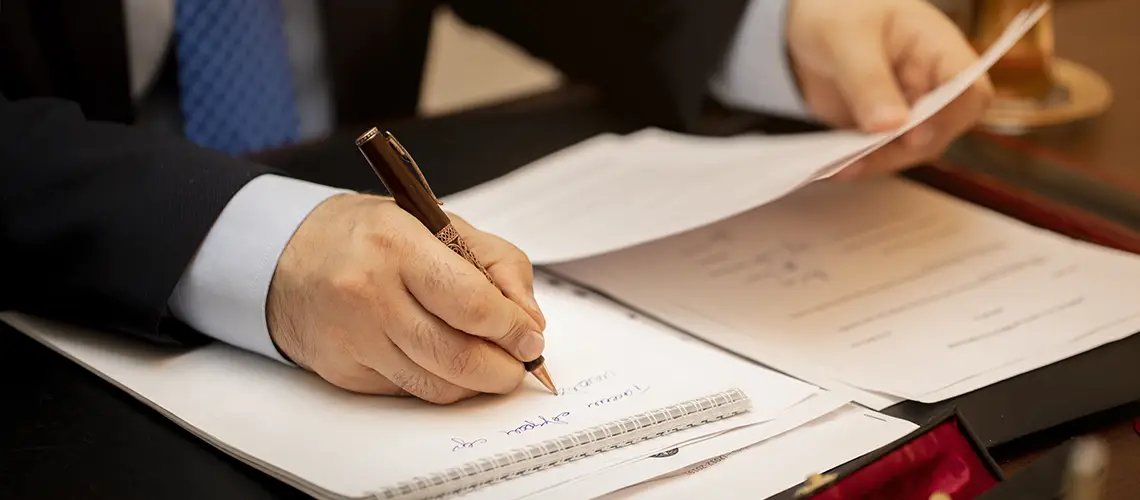When it comes to Melbourne property valuation, sometimes disagreements can arise between homeowners and the valuers. If you feel that the assessed value of your property is incorrect, it’s important to know how to dispute it. In this step-by-step guide, we will walk you through the process of disputing a property valuation.
1. Understand the Assessment Process:
Before diving into the dispute, it’s crucial to understand how property valuations are assessed. Valuers consider various factors such as location, property size, condition, recent sales data, and market trends. Familiarize yourself with these aspects to have a better understanding of the valuation process.
2. Obtain a Copy of the Valuation Report:
To begin the dispute process, you need to obtain a copy of the valuation report. This report outlines the reasoning behind the assigned value and provides essential details about the property. Once you have this document, review it thoroughly to identify any discrepancies or potential areas of contention.
3. Gather Evidence:
Building a strong case for disputing a property valuation requires supporting evidence. Start by collecting recent sales data of properties comparable to yours in the same area. Look for discrepancies in size, condition, or location that might have affected their values. Additionally, gather any documentation related to property improvements or unique features that were not accounted for in the valuation.
4. Contact the Valuation Firm:
Reach out to the valuation firm responsible for assessing your property. Engage in a polite and professional conversation to discuss your concerns regarding the valuation. Present your evidence and provide a clear explanation of why you believe the assessed value is inaccurate. Request a reassessment of the property considering the discrepancies you have identified.
5. Seek Independent Advice:
If the initial discussion with the valuation firm does not lead to a resolution, seek independent advice from a qualified property valuer or a real estate professional. They can provide an unbiased opinion and further support your case during the dispute process. Their expertise can prove invaluable in strengthening your argument.
6. Lodge a Formal Complaint:
If all attempts to resolve the dispute informally fail, it’s time to lodge a formal complaint with the appropriate authority. In Victoria, you can submit a complaint to the Australian Property Institute or any other relevant industry governing body. Provide them with all the necessary details, including your evidence and correspondence with the valuation firm.
7. Review the Outcome:
Once your complaint is lodged, patiently await the outcome. The governing body will thoroughly investigate the dispute, considering all the evidence presented. They will then provide a written decision, outlining whether the initial valuation was accurate or if it needs to be adjusted. Accept the decision and take necessary action according to the outcome.
Disputing a property valuation can be a complex process, but by following this step-by-step guide, you can effectively present your case and potentially rectify any inaccuracies. Remember to gather evidence, engage in open discussions, and seek independent advice if needed. By doing so, you can ensure your property is valued correctly, giving you peace of mind and protecting your investment.



